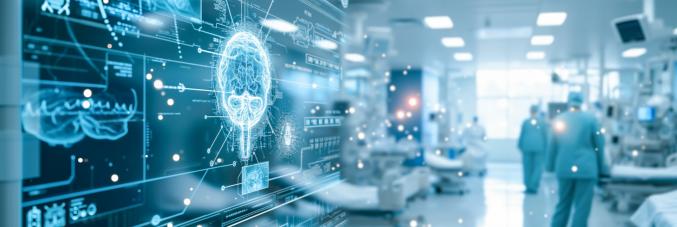
Unipd in the Science for Bed-Rest team
16.10.2025
The University of Padua partecipates in the "Science for Bed-Rest" programme of the Italian Space Agency (ASI) with the NeuroMyo project, under the direction of Marco Narici.
The "Science for Bed-Rest" programme includes the participation of 21 volunteers and encompasses eight multidisciplinary experiments, supported by a network of over 90 Italian researchers. The aim is to study the effects of inactivity on the human body and develop innovative solutions for the well-being of astronauts as well as patients on Earth. This programme allows for the daily monitoring and analysis of the psychophysical responses of individuals subjected to bed-rest through measurements, collection of biological samples, and muscle biopsies conducted before, during, and after the bed-rest period. All procedures have been approved by the competent Ethics Committee, ensuring correctness and adherence to the highest safety standards. Throughout the process, volunteers are assisted by highly qualified personnel and are continuously informed about the activities and safety measures adopted.
NeuroMyo, the project of the University of Padua, aims to analyse the main biological and molecular indicators associated with muscle degeneration, loss of muscle mass and strength, alterations in mitochondrial functionality, and damage to the neuromuscular and sensorimotor systems caused by the simulation of space flight through bed-rest.
The project involves the departments of Biomedical Sciences (DBS) and General Psychology (DPG) of the University with separate programs. "The activities of the DSB team that I coordinate are aimed at identifying early biomarkers of neuromuscular system dysfunction," explains Marco Narici. "The purpose of these biomarkers is to serve as warning signs of the pathophysiological processes responsible for the impairment of muscle mass and function, as well as its nervous control, induced by prolonged inactivity. We are talking about 21 days of bed-rest."
A crucial aspect of the project is also to identify possible differences between genders in response to bed-rest and subsequent active recovery through rehabilitative exercises.



